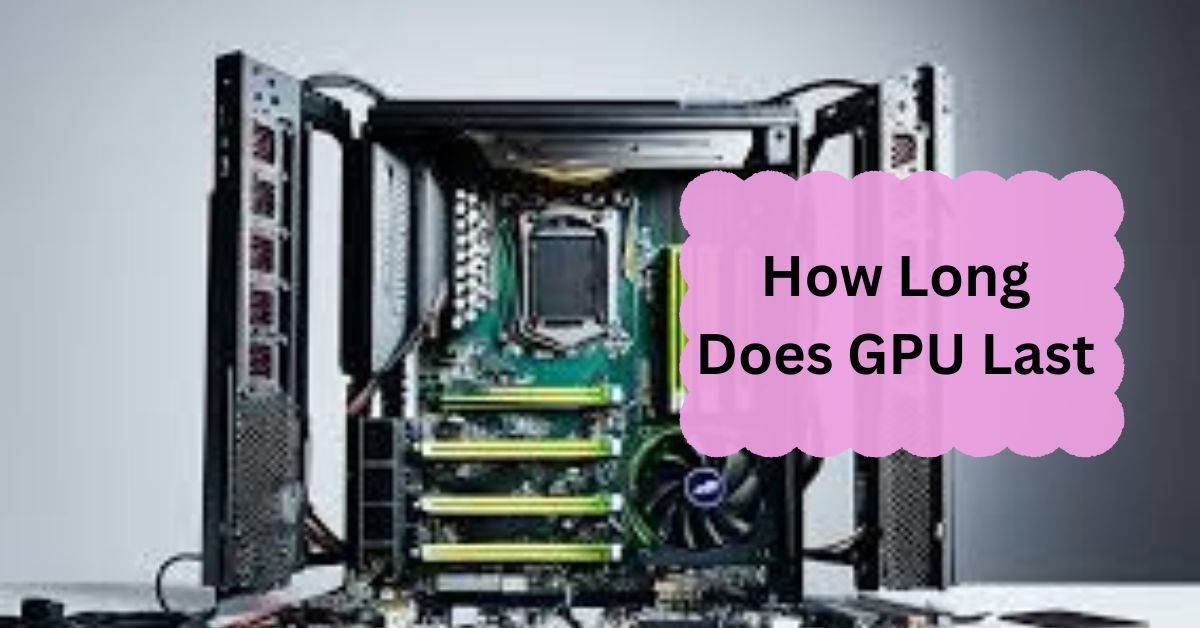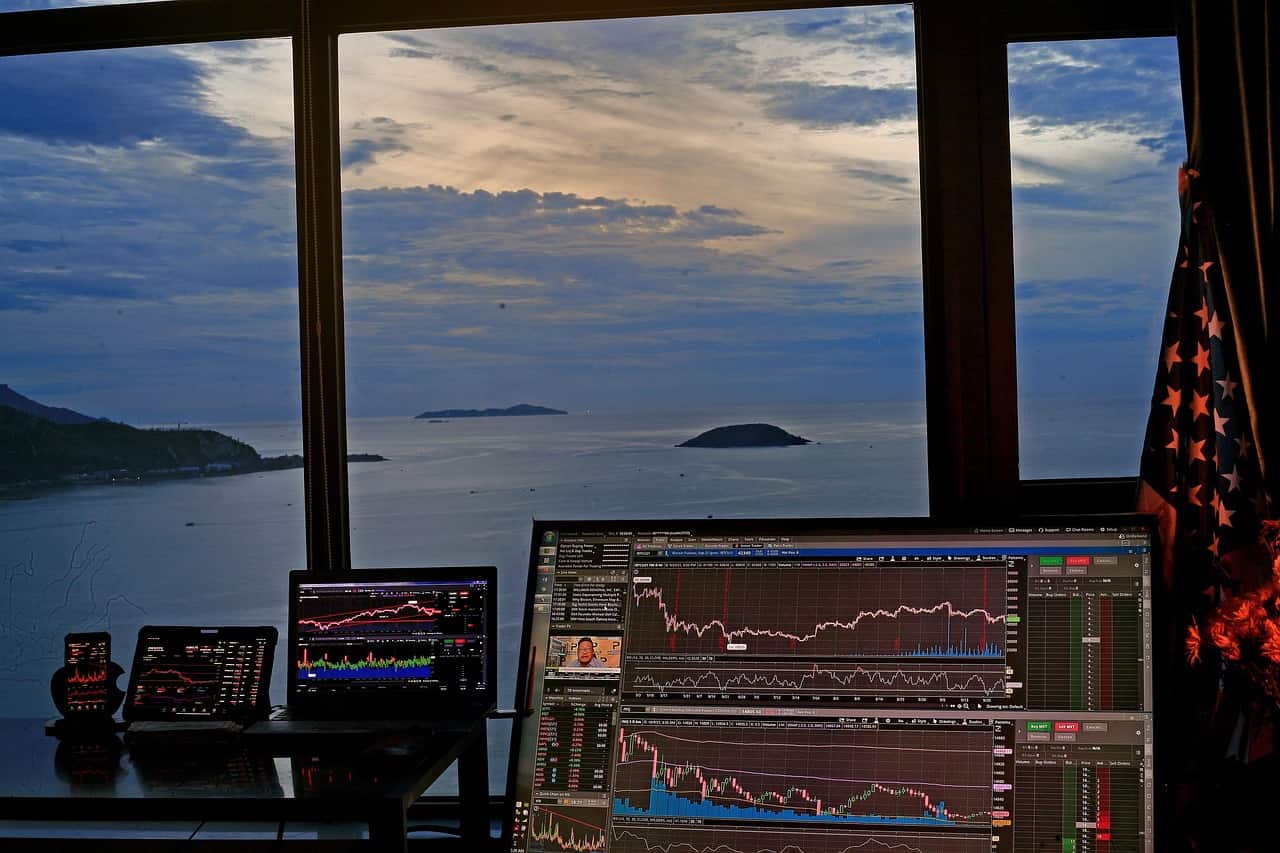Your GPU is one of the most critical components in your computer, especially if you’re into gaming, video editing, or any other graphics-intensive tasks. But how long does a GPU last? Understanding this can help you plan your upgrades, budget your expenses, and ensure that your PC stays in top shape.
A GPU typically lasts 5 to 8 years with normal use. If you play games or use it for heavy tasks, it might last less. Proper cooling and care can help your GPU work longer.
In this article, we will discuss “How Long Does GPU Last”.
Table of Contents
What is a GPU?
A GPU, or Graphics Processing Unit, is the part of your computer responsible for rendering images, videos, and animations. It’s what allows your games to run smoothly and your videos to play without hiccups.
There are two main types of GPUs: integrated and dedicated. Integrated GPUs are built into your CPU and share resources with it, making them less powerful.
Dedicated GPUs, on the other hand, are standalone components with their own memory and processing power, making them ideal for gaming and professional graphic work.
Factors Affecting GPU Lifespan:
Quality of Manufacturing:
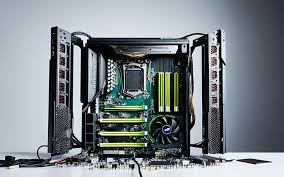
The quality of a GPU’s components and the assembly process significantly impact its lifespan. GPUs from reputable manufacturers tend to last longer due to higher quality materials and rigorous testing processes.
1. Usage Intensity:
How you use your GPU plays a major role in how long it lasts. If you’re a hardcore gamer or a professional who pushes your GPU to its limits daily, it’s likely to wear out faster than one used for lighter tasks.
2. Cooling and Temperature Management:
Heat is the enemy of all electronic components. If your GPU runs hot for extended periods, its lifespan will decrease. Proper cooling and temperature management are crucial for extending the life of your GPU.
3. Overclocking:
Overclocking can boost your GPU’s performance but at the cost of increased heat and wear and tear. While it may offer short-term gains, overclocking can reduce the overall lifespan of your GPU.
4. Power Supply Quality:
A stable and reliable power supply is essential for the longevity of your GPU. Power surges, fluctuations, and inadequate power can cause significant damage over time.
5. Environmental Factors:
Factors like dust, humidity, and overall room temperature can also impact how long your GPU lasts. Keeping your environment clean and your PC in a well-ventilated area can help extend its life.
Average Lifespan of a GPU:
On average, a GPU can last anywhere from 5 to 8 years, depending on how it’s used and maintained. High-end GPUs may last longer, while budget models may not have the same durability.
Brands like NVIDIA and AMD offer GPUs known for their longevity, but regular maintenance is key to achieving the upper limits of their lifespan.
Signs Your GPU is Dying:
1. Performance Degradation:
One of the first signs that your GPU is nearing the end of its life is a noticeable drop in performance. Games and applications that once ran smoothly may start to lag or stutter.
2. Artifacts on Screen:
Visual artifacts, such as strange lines, colors, or pixelation, are often signs of a failing GPU. These issues can appear intermittently at first but will become more frequent as the GPU continues to degrade.
3. System Crashes and Instability:
Frequent system crashes, especially during graphics-intensive tasks, are another indicator that your GPU might be on its last legs. If your PC crashes or restarts unexpectedly, the GPU could be the culprit.
4. Overheating Issues:
If your GPU starts to overheat frequently, even under normal loads, it’s a sign that something is wrong. Overheating can lead to permanent damage if not addressed promptly.
How to Extend the Lifespan of Your GPU?
1. Regular Cleaning and Dusting:
Dust buildup can block airflow and cause your GPU to overheat. Regularly cleaning your PC’s interior and ensuring that fans and vents are clear can help keep your GPU running cooler and longer.
2. Optimal Cooling Solutions:
Investing in good cooling solutions, such as additional case fans or liquid cooling systems, can significantly extend your GPU’s lifespan by keeping it at optimal operating temperatures.
3. Avoiding Excessive Overclocking:
While overclocking can give you a performance boost, it’s important not to push your GPU too far. Overclocking should be done within safe limits to avoid reducing your GPU’s lifespan.
4. Proper Power Supply Management:
Ensure your PC is equipped with a high-quality power supply that provides stable and sufficient power to your GPU. This helps prevent damage from power surges or inadequate power delivery.
5. Regular Driver Updates:
Keeping your GPU drivers up to date ensures optimal performance and can help prevent issues that might lead to premature failure. Manufacturers regularly release updates that improve stability and compatibility with new software.
How long does the GPU last for gaming?
A gaming GPU typically lasts 3 to 5 years before it starts to struggle with new games. Regular updates and careful use can extend its life, but performance will eventually decline with more demanding games.
How long do GPUs last?
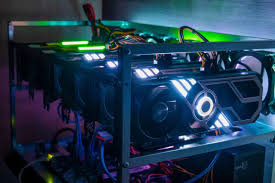
GPUs usually last 5 to 8 years with normal use. Performance may decline over time, especially with newer software, but they often stay functional for basic tasks even after they’re no longer ideal for gaming.
What is the lifespan of a GPU?
The lifespan of a GPU is typically 5 to 8 years. Over time, it may slow down with new software, but it often remains useful for simple tasks even after it’s outdated for gaming.
What is the lifespan of a used GPU?
The lifespan of a used GPU is usually 2 to 5 years, depending on its previous use. It may wear out faster than a new one, but it can still handle basic tasks for a while.
How long are GPUs good for?
GPUs are good for 3 to 5 years for gaming. After that, they might struggle with new games but can still handle basic tasks. Regular updates and careful use can help them last longer.
How Long Do GPUs (Graphic Cards) Last?
GPUs (Graphic Cards) usually last 5 to 8 years. Over time, their performance may decline, especially with new software. They remain useful for basic tasks even after they’re no longer ideal for gaming.
How Long Do Gaming PCs Last?
Gaming PCs typically last 3 to 5 years before needing upgrades for newer games. With regular maintenance and occasional part replacements, they can remain useful for basic tasks even longer.
How long do Nvidia GPUs last, compared to AMD GPUs?
Nvidia and AMD GPUs both last about 5 to 8 years with normal use. There isn’t a big difference in lifespan, but performance may vary depending on the specific model and how it’s used.
How long before a GPU becomes outdated?
A GPU typically becomes outdated in 3 to 5 years as new games and software demand more power. While it can still handle basic tasks, it may struggle with the latest high-performance requirements.
How to increase GPU lifespan?
To increase GPU lifespan, keep it cool with good airflow, clean dust regularly, and avoid overclocking. Also, update drivers and use the GPU gently to prevent overheating and damage.
How long does a gpu last mining 24/7?
A GPU used for mining 24/7 usually lasts 1 to 3 years. Continuous high usage can cause faster wear and overheating, which shortens its lifespan compared to normal gaming or office use.
How Long Should a GPU Actually Last?
A GPU should last around 5 to 8 years with regular use. Heavy gaming or mining can shorten its life. Proper cooling and maintenance help it last longer, but as technology changes, older GPUs may not perform well with new software and games, making an upgrade necessary eventually.
Can GPUs last 10 years?
Yes, GPUs can last up to 10 years with light use and good care. Regular cleaning, avoiding overheating, and not overloading it with demanding tasks can help it last longer. However, as technology advances, older GPUs may struggle to keep up with newer games and software.
Does the GPU wear out?
Yes, a GPU can wear out with time, especially under heavy use. Tasks like gaming and mining increase its wear. High temperatures and dust also affect its life. Regular cleaning and good cooling help it last longer, but eventually, all GPUs may slow down or show signs of aging.
How do I know if my GPU is dying?
Signs of a dying GPU include visual glitches, sudden crashes, and poor performance during gaming or video playback. Fans may become unusually loud, and graphics may flicker. If these issues continue even after updating drivers, it might be time to consider a GPU replacement to prevent further problems.
How long do GPUs really last?
GPUs can last between 5 to 10 years, depending on usage and care. Heavy gaming or demanding tasks may wear them out faster. Regular cleaning and proper cooling help extend their life. Upgrading might be needed sooner if newer games require better graphics performance.
How long should you wait before upgrading your GPU?
You should wait about 3 to 5 years before upgrading your GPU. This time allows you to get the best performance from your current card and see if new games or software need better graphics. Always check if your GPU meets your needs before deciding to upgrade.
How long does a GPU is supposed to last these days?
Today, a GPU is supposed to last about 5 to 8 years. It will gradually slow down with newer software, but it can still handle basic tasks even after it becomes outdated for gaming.
Can a GPU last 10 years?
Yes, a GPU can last 10 years. However, it may become outdated or less effective over time as new technology is released. Regular maintenance and proper use can help extend its life.
How long do motherboards last?
Motherboards usually last 5 to 10 years. Proper care, like keeping it clean and cool, can help it last longer. However, heavy use or power surges might make it fail sooner.
How long does the CPU last?
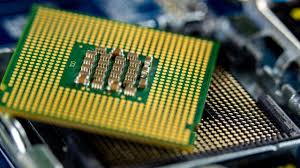
A CPU typically lasts 7 to 10 years or more. It can last longer with good cooling and care, but heavy use or overheating might shorten its lifespan.
FAQs:
1. How do I know when my GPU is about to fail?
You might notice performance issues, visual artifacts, frequent crashes, or overheating as signs that your GPU is failing.
2. Can a GPU last 10 years?
With proper care and maintenance, some GPUs can last up to 10 years, but they may become outdated for modern applications before then.
3. Is it worth buying a used GPU?
Buying a used GPU can be cost-effective, but it’s important to check for signs of wear and tear, and ensure the previous owner took good care of it.
4. How often should I clean my GPU?
It’s a good idea to clean your GPU every few months to prevent dust buildup and maintain optimal cooling.
5. Do GPUs degrade over time?
Yes, like all electronic components, GPUs can degrade over time, especially if they’re subjected to high stress, heat, or inadequate power supply.
Conclusion:
In conclusion, a GPU typically lasts between 5 to 8 years depending on how you use and care for it. To make your GPU last longer, keep it cool, clean, and avoid pushing it too hard. Regular updates and proper power supply also help maintain its performance over time.
